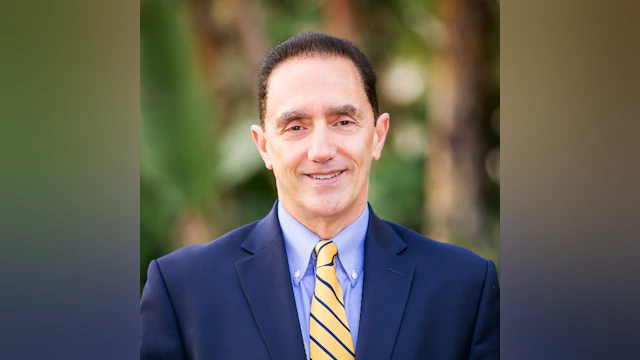Unfortunately, too much discussion around Robin Williams’s death by suicide has brought up questions like, Is suicide a selfish or cowardly act? Is it a choice? But the questions present us with an opportunity to educate the public and shape the discussion about suicide.
Suicide is not a choice. Suicide is a health issue. Suicide can result if a mental illness—like major depression or bipolar disorder—goes untreated, in the same way that a patient can die from pneumonia if they go untreated.
It’s especially important to be mindful of the way we discuss suicide because with mental illness, words matter. Telling a suicidal person that they are being selfish or cowardly does not inspire courage, it could even make them feel worse. It’s important to understand that people who are feeling suicidal do not choose to feel that way; their feelings are a symptom of their mental illness.
Research suggests that those who do attempt suicide are not thinking rationally. For example, one study found that lower levels of serotonin, a key factor in brain function related to behavioral control and decision-making, led to inability to make choices, impulsivity, and lack of flexibility.
Karyn Beal, a member of AFSP’s Loss and Bereavement Council, writes that her daughter, Arlyn, died of Bipolar Disorder. “Her death was the result of a chemical imbalance and the way it controlled her,” Karyn said. “It was not a rational choice.”
Those who have lost someone to suicide, or who have ever been suicidal, are in a unique position to speak out in our personal lives, as well as to the media. Together we can erase the stigma and spread the hopeful news that the mental illnesses that lead to suicide are treatable, and that suicide is preventable.
Robert Gebbia, CEO
American Foundation for Suicide Prevention
